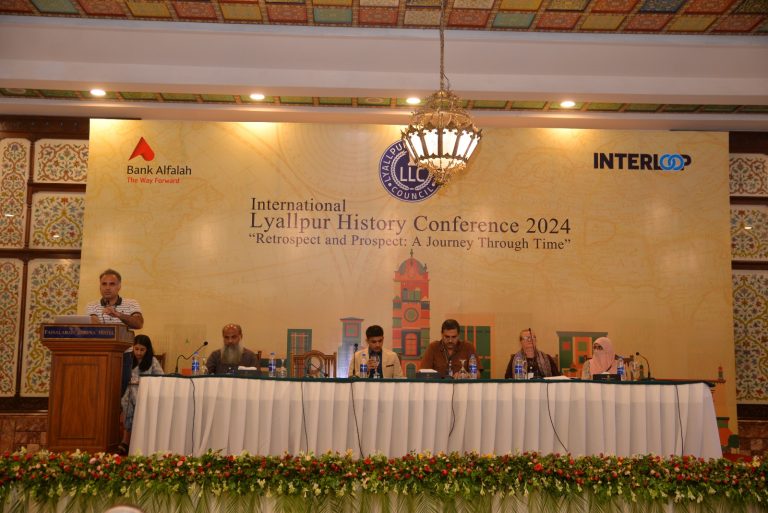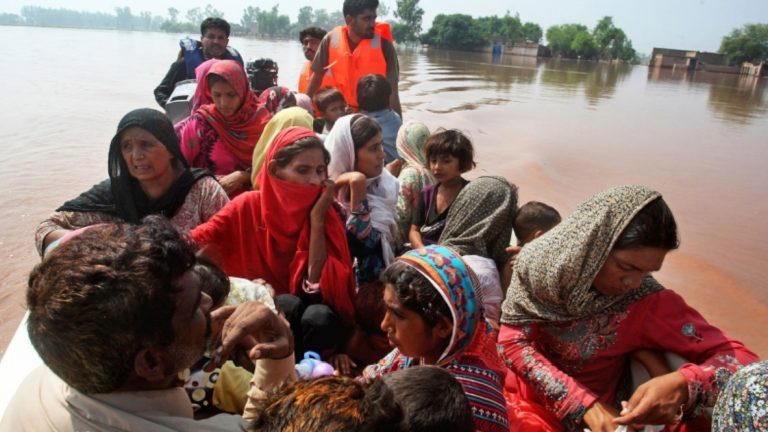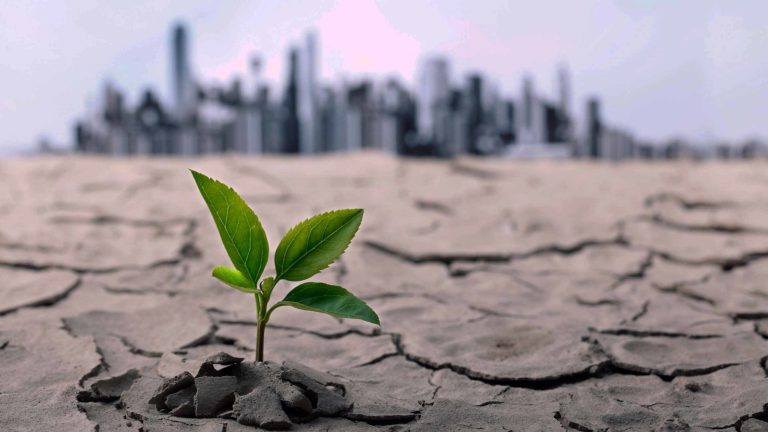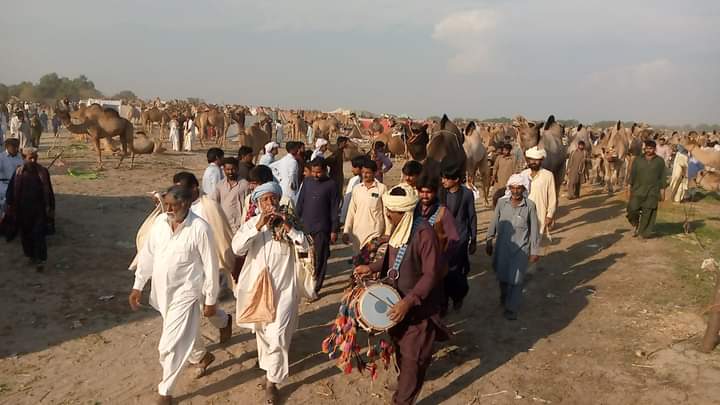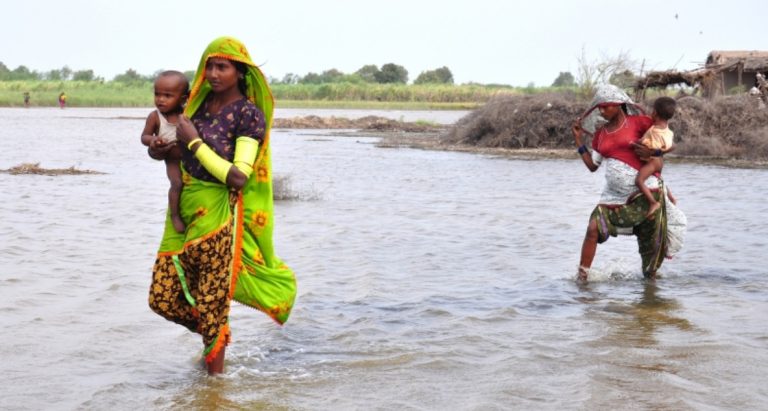Recharge Pakistan: A Transformational Approach to Climate Adaptation and Flood Risk Management
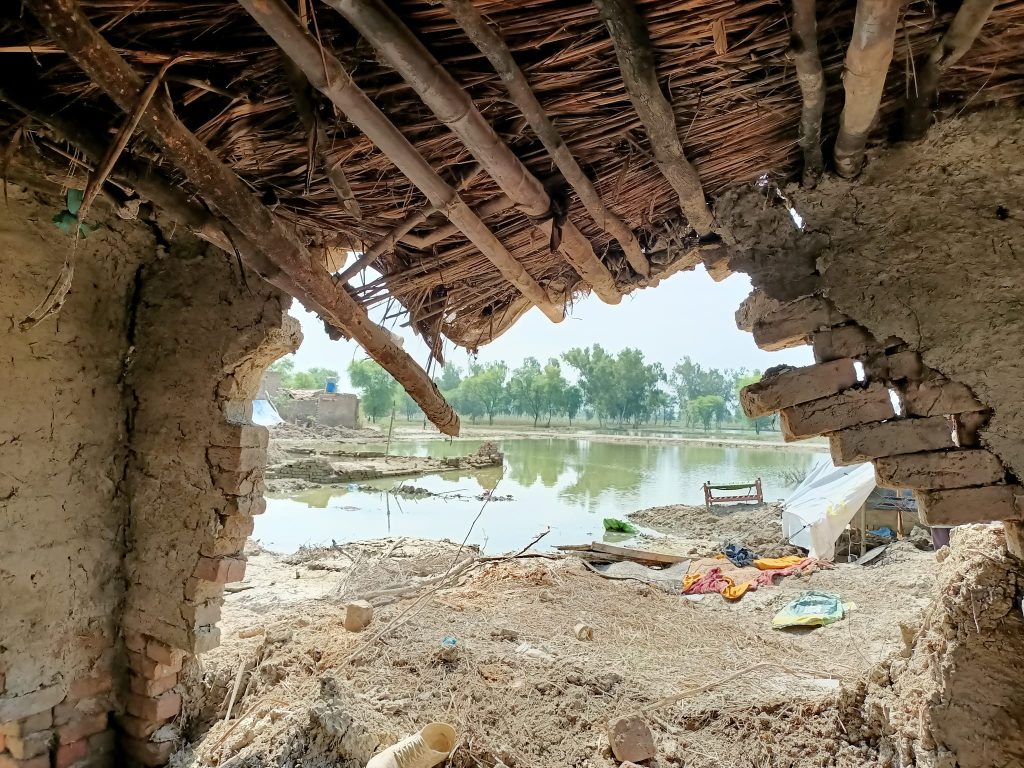
Pakistan’s Ministry of Climate Change, in collaboration with the Federal Flood Commission, Ministry of Water Resources, USAID, Coca-Cola Foundation, and WWF Pakistan, recently launched “Recharge Pakistan,” a ground breaking initiative aimed at addressing the country’s escalating climate challenges. Designed with ecosystem-based adaptation at its core, this $77.8 million project seeks to mitigate climate risks and manage flood hazards more effectively. Over the course of seven years, it is anticipated to directly benefit over 680,000 people while indirectly improving the lives of more than 7 million. Funding includes a $66 million grant from the Green Climate Fund, supplemented by $12 million for technical assistance and investment.
This initiative comes as Pakistan grapples with the lingering effects of the catastrophic floods that struck two years ago. The unprecedented disaster submerged one-third of the country, destroying over 2 million homes and devastating more than 4 million acres of crops. Over 33 million people were affected, with 8 million displaced and more than 1 million left without access to clean drinking water. Tragically, the floods claimed over 1,700 lives, with the loss of livestock adding to the toll on communities reliant on agriculture. The economic damage caused by these floods severely hampered Pakistan’s growth, pushing it into negative figures.
Pakistan’s Climate Crisis: A Growing Threat
Pakistan’s climate vulnerabilities are stark. Over the past century, the country’s average temperature has risen by 0.57°C, accompanied by a 25% increase in annual rainfall. Pakistan ranks among the top 10 nations most severely impacted by climate change. In recent decades, the country has seen a marked rise in natural disasters such as floods, landslides, and droughts, which have uprooted communities and strained agricultural and water resources. The frequency and intensity of floods along the Indus River have particularly endangered rural populations whose livelihoods depend on farming, livestock, and fishing.
Recharge Pakistan: Ecosystem-Based Adaptation at Its Core
At the heart of the Recharge Pakistan project is ecosystem-based adaptation, which seeks to strengthen natural systems to better manage water resources, ensure food security, and promote sustainable development. The project focuses on strategies to slow, capture, and absorb excess floodwaters, preventing them from inundating agricultural fields and residential areas. This approach not only aims to reduce flood risks but also helps recharge groundwater, combat soil erosion, and mitigate landslide threats in mountainous regions.
Some of the key measures of the project include the restoration of 35,126 acres of degraded forests in the Dera Ismail Khan district, the rehabilitation of 21 miles of natural waterways in the Ramak watershed (DI Khan) and Manchar Lake (Qambar Shahdadkot), and the construction of 127 green infrastructure projects (recharge basins and retention areas) to replenish groundwater supplies. Moreover, the initiative will engage local communities by introducing seven sustainable business ventures in agriculture and forestry, providing livelihood opportunities while protecting them from future flood risks.
Importantly, Recharge Pakistan aims to incorporate green infrastructure and ecosystem-based adaptation strategies into the national water policy and development plans at both the federal and provincial levels. Farmers will also be introduced to climate-resilient agricultural techniques, empowering small businesses to diversify income streams while reducing reliance on ecosystems that have suffered from traditional, resource-intensive practices.
A Broader Vision: Expanding Recharge Pakistan
While Recharge Pakistan represents a significant investment in environmental resilience, the project’s scope must extend beyond the Indus River basin to encompass the entire country. Pakistan ranks 14th among the world’s 20 most water-scarce nations, underscoring the urgency of protecting its water resources and recharging its groundwater reserves.
Particular attention must be directed toward industrial cities such as Faisalabad, where untreated sewage and industrial waste are being discharged into rivers, contaminating both surface and groundwater. The lack of adequate wastewater management infrastructure in these urban centres has further polluted groundwater sources. It is imperative for the government to either include these cities in the Recharge Pakistan initiative or mandate local water authorities to implement groundwater recharge solutions.
With climate change causing more frequent and intense rainfall in recent years, capturing this rainwater to recharge urban groundwater presents a cost-effective solution to the water shortages that plague many of Pakistan’s cities. Initiatives could include constructing recharge wells in city parks and utilizing green belts to collect and store rainwater. Additionally, new housing developments could be required to integrate groundwater recharge systems into their designs. Legislation could also be introduced to compel existing buildings, from homes to industrial sites and hotels, to adopt rainwater harvesting systems for groundwater recharge.
The Road Ahead: Turning Climate Challenges into Opportunities
echarge Pakistan marks a pivotal moment in the country’s fight against climate change, but its success depends on expanding the project’s reach and ensuring its implementation across both urban and rural landscapes. By doing so, Pakistan can not only mitigate the adverse effects of climate change but also protect its natural resources, ensuring a more resilient and sustainable future for its people.
This initiative holds immense potential to turn Pakistan’s climate challenges into opportunities for long-term growth and environmental stewardship. By investing in nature-based solutions and empowering local communities, Recharge Pakistan paves the way for a greener, more climate-resilient nation, capable of weathering the storms ahead. By strengthening the focus on urban impacts and future climate resilience, this revision emphasizes how Recharge Pakistan can be a game changer for both environmental conservation and economic stability.

